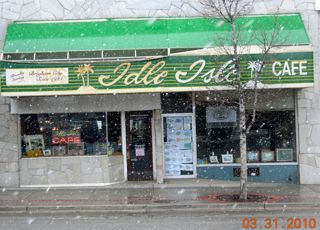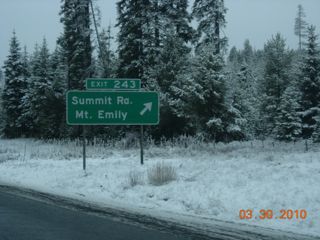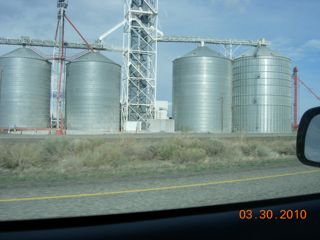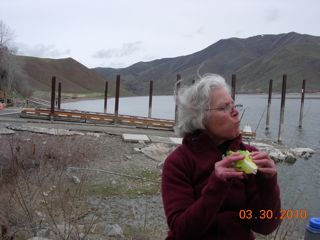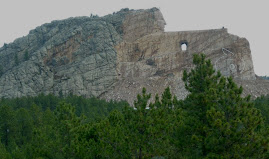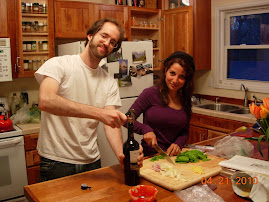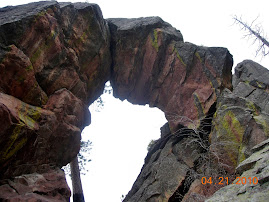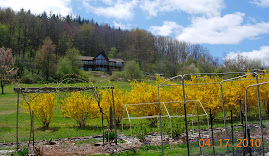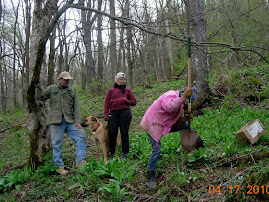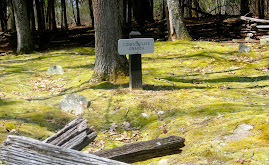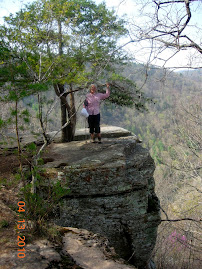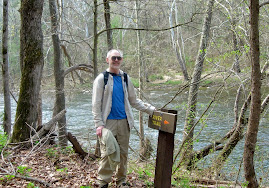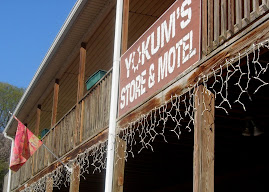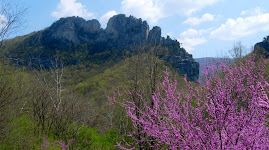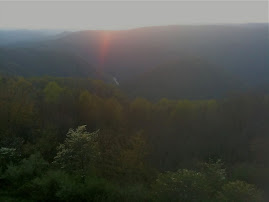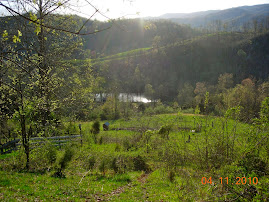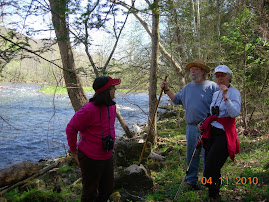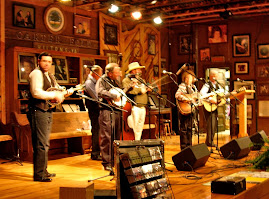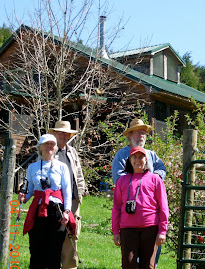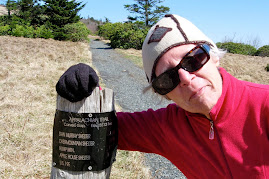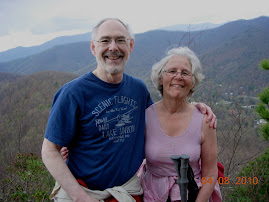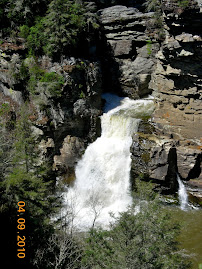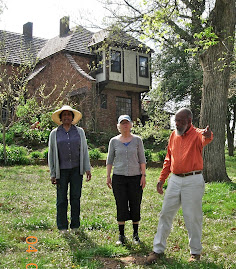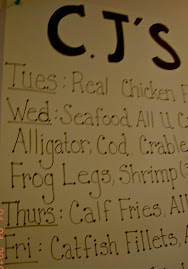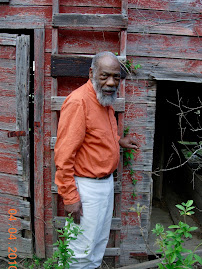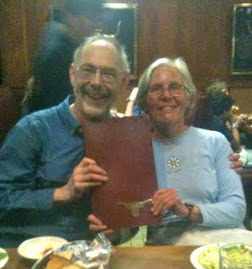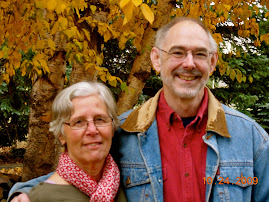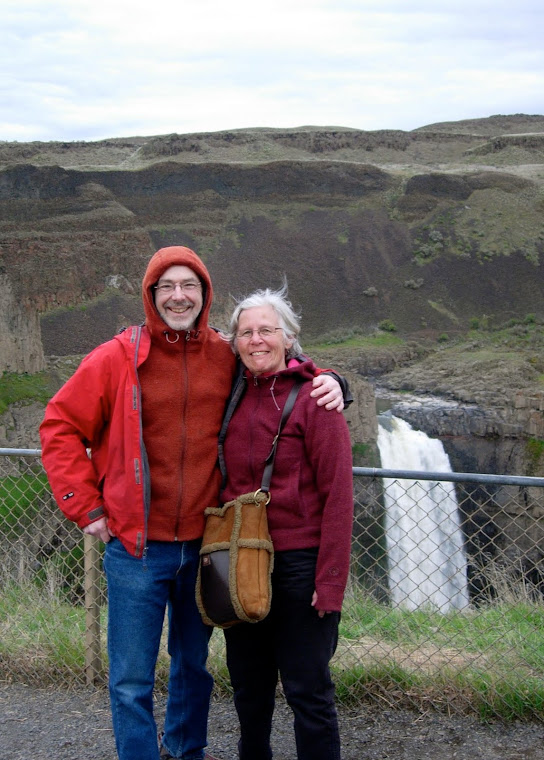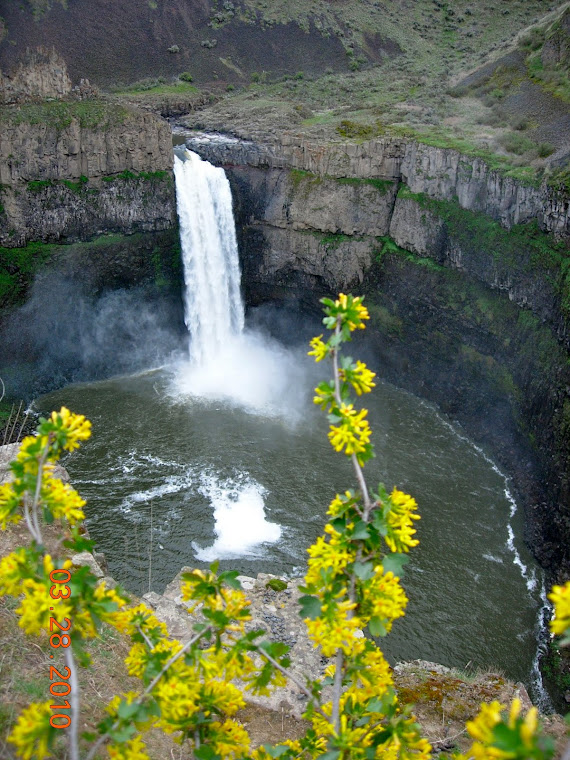Laurel Desnick and I have been medical school colleagues for many years, and for the past few years she has worked with me in the Rural Underserved Opportunities Program (RUOP), through which we introduce students to practices that serve disadvantaged popultions . Most of the sites where we send students are in remote rural communities, much like the ones Fernne and I have been visiting.
Laurel trained in internal medicine at the University of Washington, but at heart she is a family doctor, and indeed she sees not only adults but also children in her part-time practice in Livingstone. Laurel and her husband Jim Baerg hail from remote rural areas themselves, and moved to the small town of Livingstone many years ago where they married. Laurel later went to medical school after years as a house painter, and Jim used their time in Seattle to finish an architrecture degree. They adopted twins from the old Soviet Union, and we have been part of the extended network that watched, and tried to help, as the girls slowly recover from the devastating experience of having been neglected and abused in the orphanage from which they were rescued.
Livingstone is a charming and complex town, at once containing remnants of the flagging embers of the agricultural base upon which Montana was built, and also host to wealthy exurbanites who have traded in a city existence for the stunning beauty of the Montana landscape. Livingstone is only an hour from Yellowstone Park, which adds to its allure. But, as Jim told me, "you can't eat scenery", and for those without a profession or an inheritance it can be tough to make a go of it in this immense state.
Laurel represents the ability of many of the rural doctors in our five-state medical school to combine clinical practice and teaching, a combination that enriches both of these callings. Their dedication to their children and their community are steadfast and inspiring, and the warmth and ease of small town living remind me of the best parts of my own childhood in rural New Hampshire.
